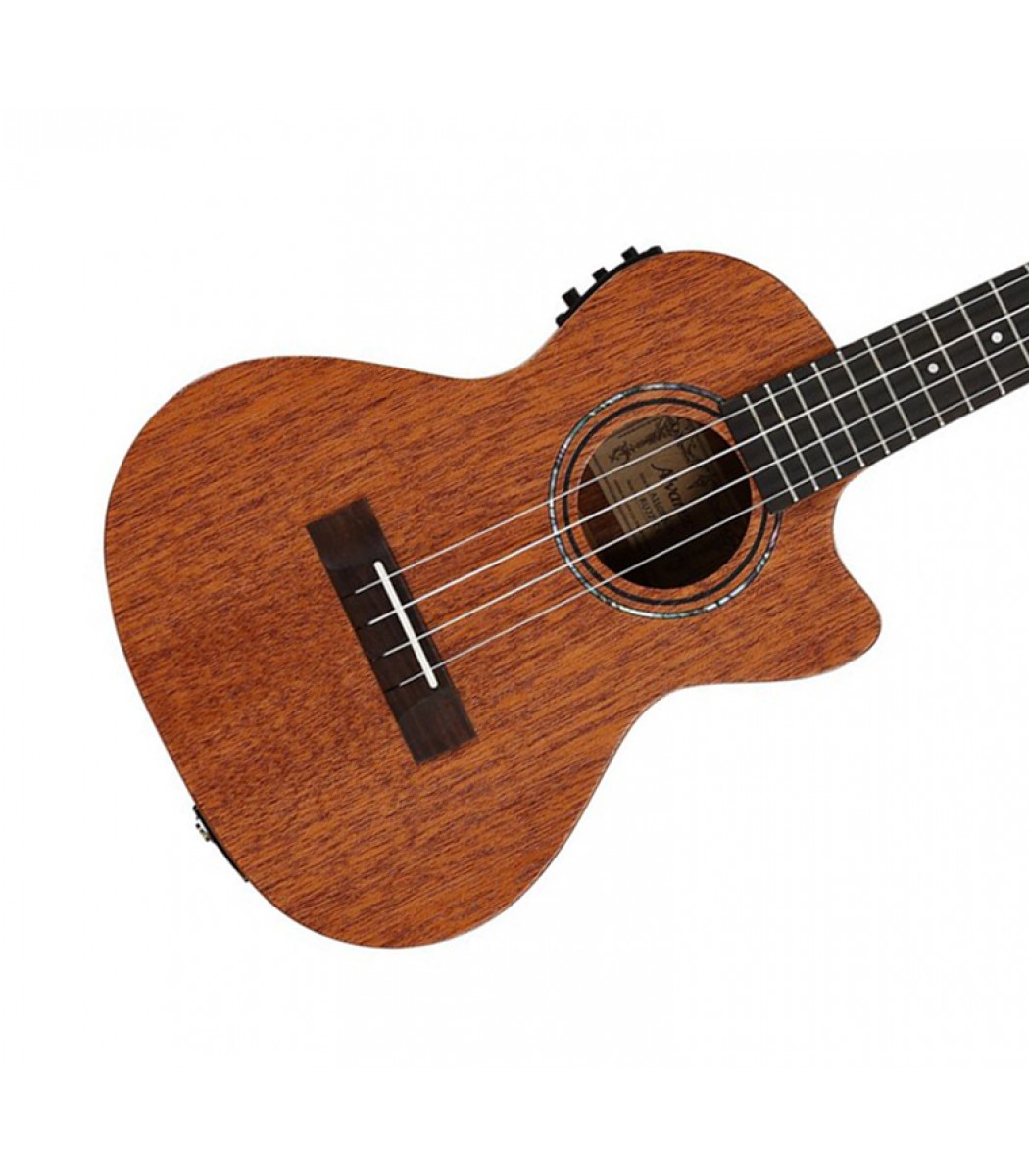
The boom was so big and sudden that they didn’t have enough native workers to handle it. That new land just so happened to be Hawaii.Īt the same time Madeira was experiencing a bust, Hawaii was experiencing a boom in the form of their sugar cane industry. If history has taught us anything, it’s that situations like these end with a mass exodus and immigration to a new country or land.
#Storyo us ukulele series#
The long answer is much more interesting.īack in the 1870s(ish) some of Portugal, specifically Madeira (who’s once booming wine industry was going bust), were experiencing poverty, famine, and even a series of natural disasters. So we know the instruments that ukuleles came from, but we still haven’t talked about how the ‘inspiration’ instruments in Portugal ended up in Hawaii. It’s a very old instrument that was common in Europe and the Middle East hundreds of years ago. There are actually several instruments that were similar, but the Lute is the most well known one. The grandfather instrument to the ukulele is the Lute. Believe it or not, the ukulele is essentially a Portuguese instrument. Like most things in this world, the ukulele can trace its lineage to another instrument. But it might surprise you to hear about the ukulele’s birth place. It might not surprise you to know that the ukulele was inspired by something else. We’ll look at some historical instruments that shed light on the origin of the ukulele, its tuning, and its predecessors. That something is what we’re going to dive into today. Like most stringed instruments, it came from something.

Someone didn’t just look at a guitar one day and say, “What if we made it smaller, took away a couple strings, and tuned it up?”. Unlike the synthesizer or MIDI, relatively new things that were created, the ukulele more or less evolved. So that got me thinking about where new instruments actually come from. But have yet to hear about a genuinely new instrument. I’ve seen revival of old instruments, like cigar box guitars and shovel guitars (100% real things).

In my lifetime, I’m not aware of any new instruments. But you might be surprised to know that in the grand scheme of instruments, it’s a relatively new instrument.


 0 kommentar(er)
0 kommentar(er)
